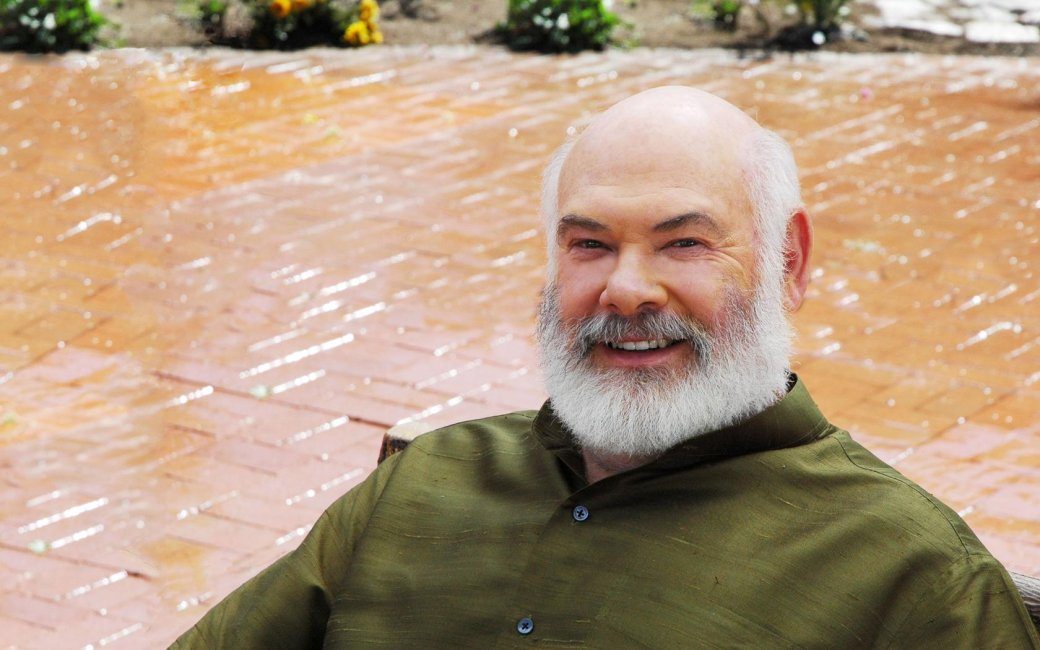Results for: cancer screening

Defining what a “physician” is
It takes more than a stethoscope and a white coat to be a physician. A generous dose of reality and a lot of training are also required.

The Greater Good: Pure, unadulterated anti-vaccine propaganda masquerading as a “balanced” documentary
The Greater Good purports to be a film that provides a balanced look at the benefits and risks of vaccines. It is nothing of the sort. It is pure, unadulterated antivaccine propaganda that uses emotionally manipulative anecdotes to promote pseudoscience.

Chemotherapy doesn’t work? Not so fast…
A favorite claim made by cancer quacks (and quacks of all varieties, actually) is that chemotherapy doesn't work. One variant of this claim is what I call the "2% gambit." Basically, this gambit claims that chemotherapy is only 2% effective. Not surprisingly, the evidence backing up the "2% gambit" is a highly flawed study, as is the evidence used by quacks to...
Quoth the anti-vaccine group SANE Vax: Beware HPV DNA in Gardasil!
Every so often, there’s a bit of misinformation that starts spreading around the Internet that shows up in enough places that our readers take notice and e-mail us about it. What happens is that these in essence become “requests.” We at SBM are, of course, happy to consider all requests and sometimes will actually take them on, particularly when doing so will...

Spin City: Using placebos to evaluate objective and subjective responses in asthma
As I type this, I’m on an airplane flying home from The Amazing Meeting 9 in Las Vegas. Sadly, I couldn’t stay for Sunday; my day job calls as I’ll be hosting a visiting professor. However, I can say—and with considerable justification, I believe—that out little portion of TAM mirrored the bigger picture in that it was a big success. Attendance at...
Virtual Colonoscopy Can Be Hazardous to Your Health
The US Preventive Services Task Force (USPSTF) recommends that everyone aged 50-75 be screened for colon cancer with any one of three options: colonoscopy every 10 years, flexible sigmoidoscopy every 5 years, or fecal occult blood testing (FOBT) every year. Conventional colonoscopy is considered the “gold standard” since it allows for direct detection and biopsy of early cancers and removal of precancerous...
Blatant pro-alternative medicine propaganda in The Atlantic
Some of my fellow Science-Based Medicine (SBM) bloggers and I have been wondering lately what’s up with The Atlantic. It used to be one of my favorite magazines, so much so that I subscribed to it for roughly 25 years (and before that I used to read my mother’s copy). In general I enjoyed its mix of politics, culture, science, and other...
Anti-vaccine warriors vs. research ethics
Three weeks ago, the anti-vaccine movement took a swing for the fences and, as usual, made a mighty whiff that produced a breeze easily felt in the bleachers. In brief, a crew of anti-vaccine lawyers headed by Mary Holland, co-author of Vaccine Epidemic: How Corporate Greed, Biased Science, and Coercive Government Threaten Our Human Rights, Our Health, and Our Children, published a...

Surprise, surprise! Dr. Andrew Weil doesn’t like evidence-based medicine
Dr. Andrew Weil is a rock star in the “complementary and alternative medicine” (CAM) and “integrative medicine” (IM) movement. Indeed, it can be persuasively argued that he is one of its founders, at least a founder of the its most modern iteration, and I am hard-pressed to think of anyone who did more in the early days of the CAM/IM movement, back...
When you can’t win on science, invoke the law…
Late last week, the anti-vaccine underground was all atwitter. The reason was the announcement of an impending press conference, scheduled for yesterday at noon in Washington, DC that proclaimed: Investigators and Families of Vaccine-Injured Children to Unveil Report Detailing Clear Vaccine-Autism Link Based on Government’s Own Data Report Demands Immediate Congressional Action Directors of the Elizabeth Birt Center for Autism Law and...

